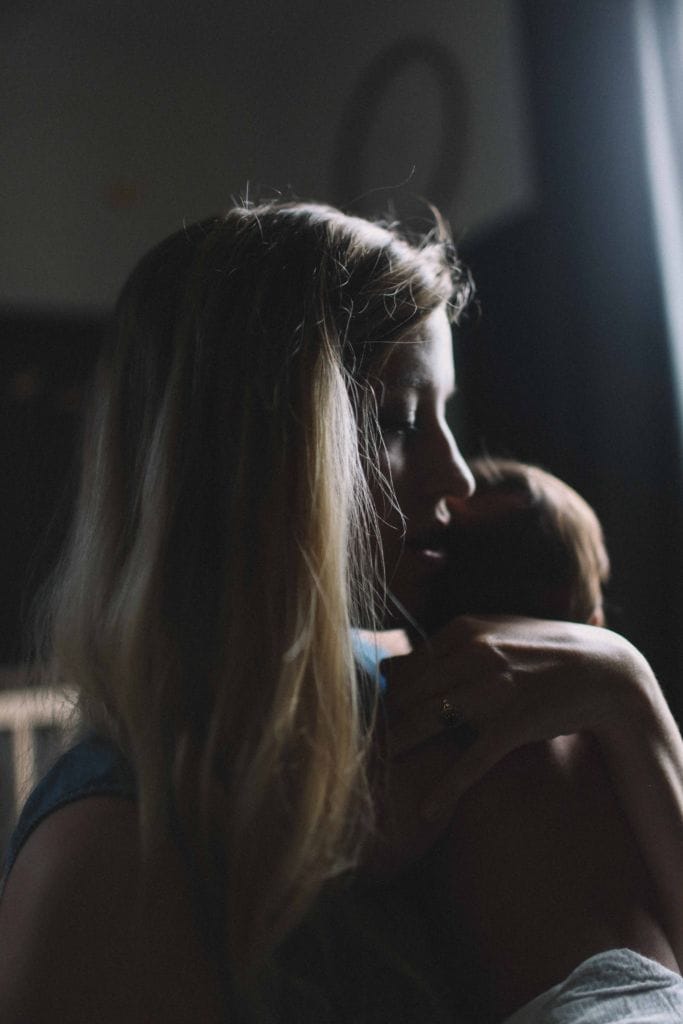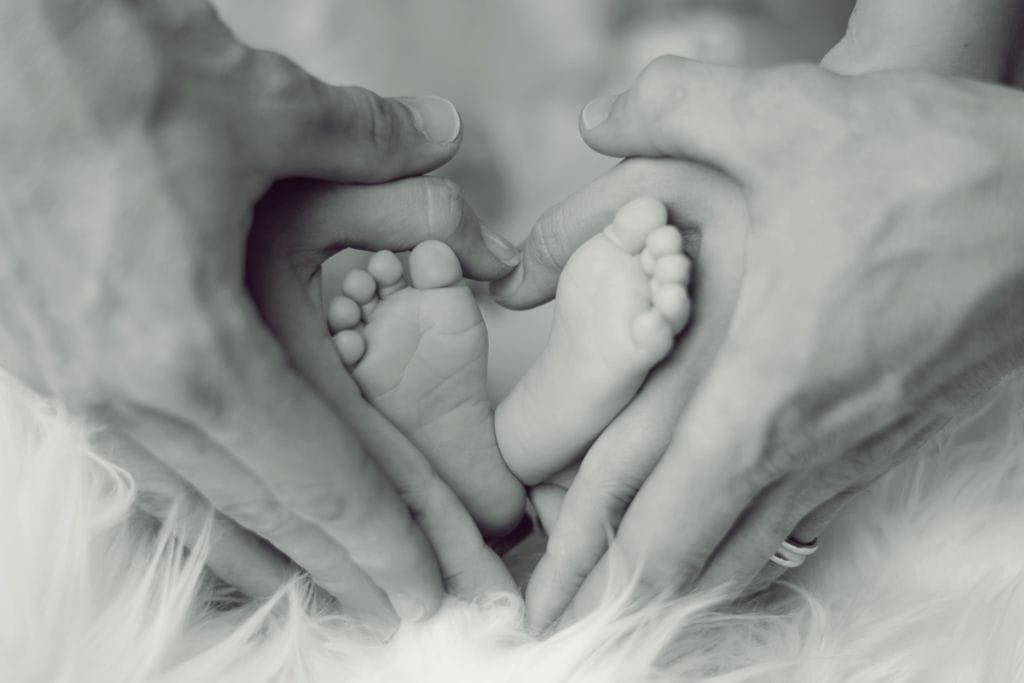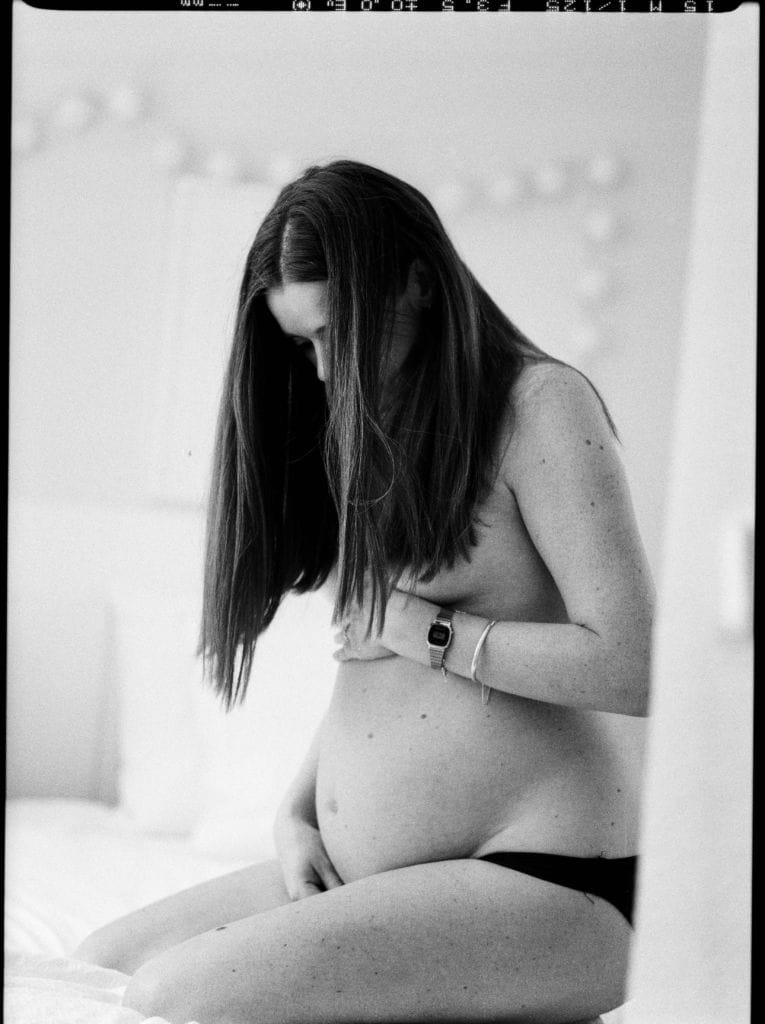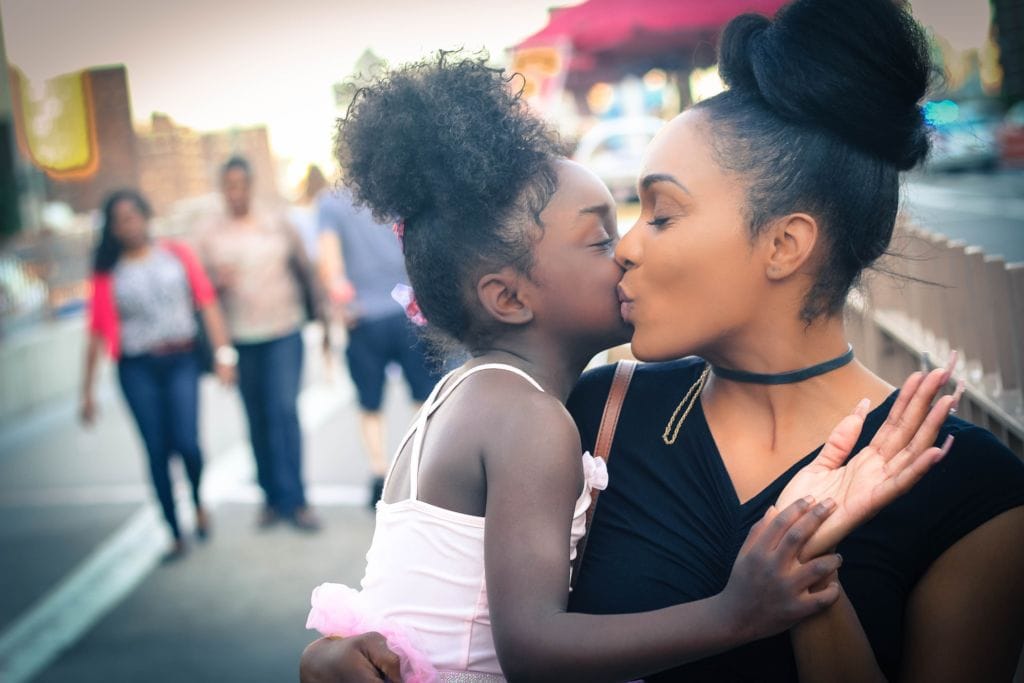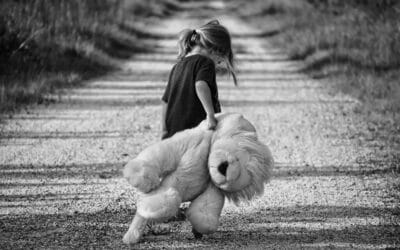This week I caught up with a dear friend and colleague who is just a couple of years older than me, with school-age children. The conversation meandered to why I have never had kids. I started to describe the myriad reasons, and I choked, tears welling.
My reaction made no sense. I have long made peace with my decision. Over the years I have checked in with myself — is this truly what I want? And it always is. Having just passed my 44th birthday, I checked in again, and yes, I am content with my life partner and two cats.
Yet the feeling hasn’t dissipated. I can feel it building like a wave of unprocessed grief.
But why?
I don’t feel like I’m missing out on something by not having them. And when I witness the struggles of my friends who are parents, I often feel relieved to have made this choice. I see the toll on my girlfriends’ bodies, their relationships, their careers. Thinking about the reality of parenthood: an entire person (or people), entirely dependent upon me, with no reprieve, it feels like a choking panic in my throat and chest. I can’t breathe…
I know absolutely I have made the right choice for me.
So, what is this grief? Where does it come from? Why is there anger as much as sadness?
Looking back, I have never felt particularly maternal. I love cute things, squished baby cheeks with pigtails and overalls, kittens and puppies, but I’ve never felt that overwhelming urge to have a child of my own. Growing up, I wasn’t interested in playing with baby-like dolls or playing ‘mummies and daddies’. I preferred grown-up barbies who did grown-up things. Having children was never one of those things.
Unlike many of my peers whose default position was to grow up, get married, buy a house, and have children, my default was these are things you need to consciously choose. And when considering that choice, I knew I needed to consider the entire picture – the reality of that choice – because whatever I decided, I needed to commit willingly and whole-heartedly.
More than once my father said to me, ‘I never wanted three kids. That was your mother…’ Well, you can’t un-have the kids your choices have created. Is this part of the picture? That I never wanted a child to hear those words from me? That I never wanted to risk burdening my offspring with my regret, even if never expressed?
I have certainly observed the burden of children, of caretaking, of household management, of emotional labour, falling disproportionately upon women. I have observed that men can always walk away. Women can’t. Not without societal censure.
Any child I might have, therefore, I might have to raise on my own. I have never wanted to raise a child alone. And I don’t want to raise a child with a partner who can’t fully and equally share the load, the burden, the responsibility. I don’t want an occasional babysitter; I want a co-parent. I am yet to find a man I believe could be that.
Co-parenting involves a series of choices and compromises. With my first husband, I saw a future of conflict and unsatisfactory concessions. We grew up in different worlds, with different values. I knew I did not want children with him. As we approached 30, I tried to raise this conversation. We were running out of time to decide. He did not want to have that conversation (and many others). And that relationship, as I have described previously, ended.
Later I dated a guy for a bit over a year who approached life as a series of milestones – checkboxes to fulfil. Having children was one of those. I couldn’t picture him actually having children though, not as an actively involved co-parent. I saw him passively and happily patting himself on the back for having ticked off the ‘achievement’ of ‘children’. All the while allowing his ‘wife’ to do all the work, as his parents had modelled for him. When I asked if he had considered the reality of having children, of what that might look like, it was clear that he hadn’t. Meanwhile, I almost had a panic attack trying to describe the future I envisioned in the same scenario. That was what finally convinced him I truly did not want children.
My current partner and I have been together for 9 years now. He’s the only man I could ever see myself having children with. If he had wanted them, I might have reconsidered. For a while, I could even picture us co-parenting – to a point. No matter how egalitarian our relationship and no matter how involved he might be as a parent, I can’t help feeling the bulk of the parenting load would fall upon me, and I would come to resent him and our children.
Then I consider what kind of parent I might be. I am still sorting out my own emotional and psychological baggage. What if my unprocessed wounds created wounds in my children? If I ended up repeating the mistakes of my parents?
What about the toll on my body? Pregnancy, childbirth, years of sleep deprivation… I just can’t…
And that’s before considering the horrendous expectations we place on parents, and in doing so, on their children. From perfectionism to image crafting to virtue signalling, I can’t imagine trying to parent in this era of social projection. Every choice (or absence of choice) scrutinised, compared, judged. I struggle with feeling inadequate in so many spheres already. I can’t envision trying to decide how to parent with all of that expectation hanging over me.
So, I come back to this sense of grief. It feels like a grief that is greater than me. Like a collective grief for all women. That this is our lot. That this is where nature and nurture and society lead us. This is what society expects – demands – of us. And I want no part in it.
I grieve for all of my fellow women who have chosen differently, or who have had no choice at all. Who struggle to find a way to navigate parenthood in this society. Likewise, I grieve for all parents who are in one way or another trapped by the weight of expectation and social norms.
But… might I feel differently if my circumstances were different? If I had a loving family with parents who wanted me, who attuned to my needs? Who understood me? If female bodies didn’t have to endure the trauma of birth and childrearing? If parenting was a truly egalitarian, even communal, experience? What if I could have children AND sleep?
Is that it, am I just selfish? Unprepared to sacrifice? To suffer?
To suffer for what — to produce another mouth for the planet to feed, another life to endlessly consume? How could I justify that in an overpopulated world already outstripping the planet of its precious resources, polluting, destroying? How could I bring a life into a world so riddled with violence and bigotry, hate and inequality? A world so obsessed with itself.
From that angle, having children seems like the selfish option, for the planet and for the child.
I know not everyone will agree with me or see the choice in this way, and that’s okay. I understand many people experience an overwhelming urge and yearning for parenthood. I accept and respect that their view is not mine. One day I hope people can respect that my view is not theirs, too.
Maybe if society were different, I would feel differently. But right now, and for as long as I can remember, this is how I have felt.
I suppose there is grief in that. Sadness and anger that the world is not how I would like it to be, how I would need it to be to want to raise a child in it. Perhaps it’s time to allow that grief to surface, to flow through me, acknowledge and accept it.
Even if I change, even if I heal all my wounds sufficiently to be a good enough parent, I still can’t see the world changing any time soon. A world where I could raise a child in good conscience.
This doesn’t mean I don’t yearn for the experience of nurturing, loving, supporting, discovering the unique personality of a child of my own. Of seeing the world through a child’s eyes, watching them develop and grow and experience the world anew. It doesn’t spare me the bittersweet sadness when I see children playing, families loving. But each time I wonder, ‘Is this for me?’ I know in my heart it’s not. And it’s this sacrifice I choose and grieve.

